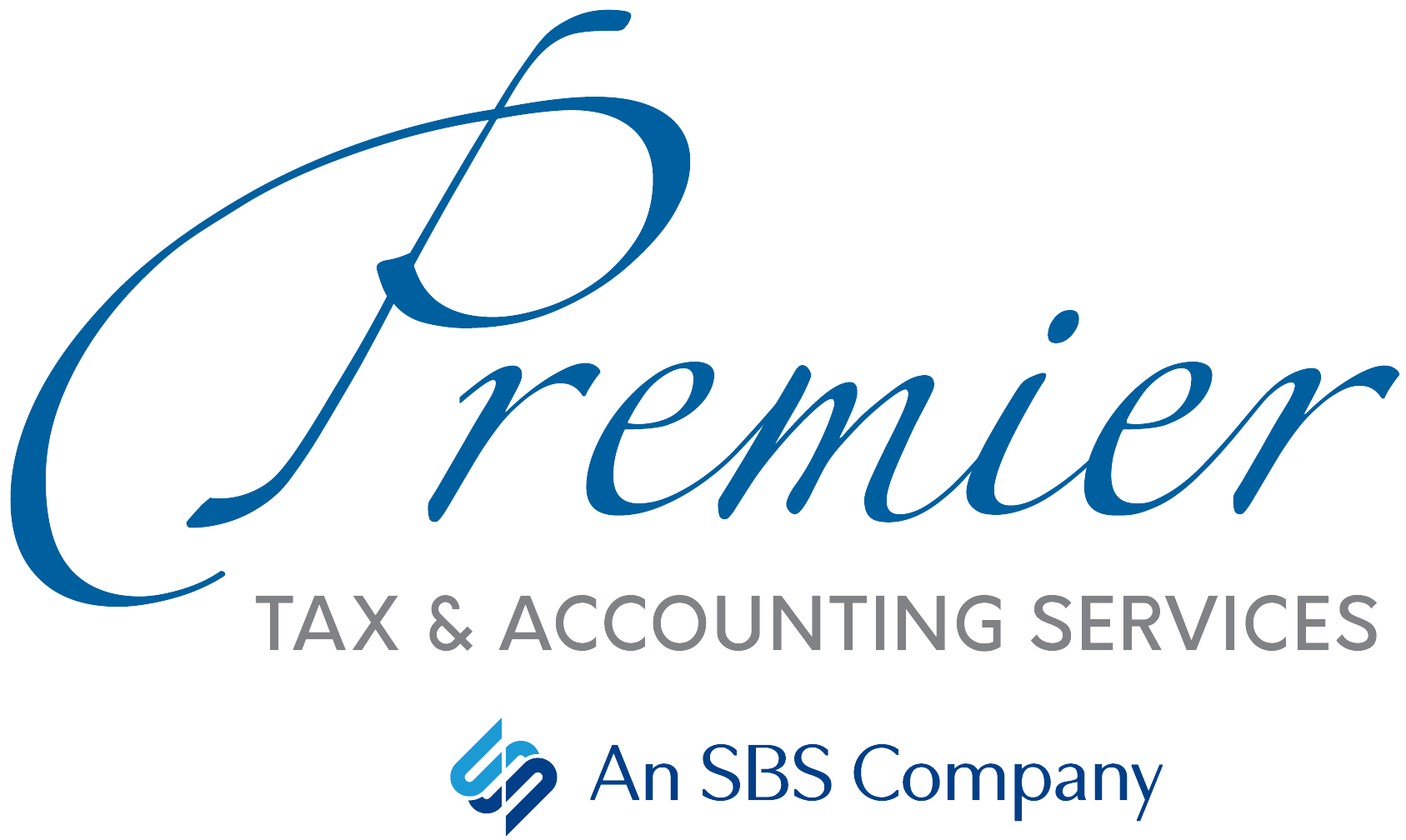We have received a record number of calls regarding the new Coronavirus Aid, Relief and Economic Security (CARES) Act, which President Trump signed into law on March 27, 2020. This $2 trillion economic stimulus legislation aims to provide relief for individuals and businesses that have been negatively impacted by the coronavirus outbreak. Here’s a look at some of the key provisions and how they may affect you. We’ll be happy to answer your questions as best we can — just call us at 706-632-7850 or email us.
Recovery Rebate: Taxpayers will receive a direct, one-time payment of up to $1,200 per individual (taxpayers filing jointly will receive $2,400), plus an additional $500 per child under 17. The payments will be available for those with incomes up to $75,000 for singles, $112,500 for heads of household and $150,000 for married couples, and will phase out above those amounts (by $5 for every $100 earned). The payment will be based on your 2019 tax return (2018 if you have not yet filed) to determine the amount. However, if you are eligible for a larger rebate based on your 2020 income, you will receive it in the 2020 tax-filing season. While the funds should be directly deposited into your account within 3 weeks, there are no specific details available on this yet. Some seniors and others who typically do not file returns will need to submit a simple tax return to receive the stimulus payment. (more details here)
Coronavirus Testing: All testing and potential vaccines for COVID-19 will be covered at no cost to patients.
Retirement Funds: The law waives the 10% early withdrawal penalty for distributions up to $100,000 for coronavirus-related purposes (retroactive to January 1, 2020). Withdrawals are still taxed, but taxes are spread out over three years, or you have a three-year period to repay the withdrawal. Required Minimum Distributions (RMDs) from IRAs and 401(k) plans (typically beginning at age 72) are now suspended. What’s more, the 401(k) loan limit has been increased from $50,000 to $100,000.
Charity: A new provision provides an above-the-line deduction for charitable contributions, as well as changing the limits on charitable contributions.
Unemployment: The law provides $250 billion for an extended unemployment insurance program that expands eligibility and offers workers $600 per week for four months — beyond what the State of Georgia program will pay. It also extends unemployment insurance benefits for an additional 13 weeks through December 31, 2020, after state UI benefits end for eligible workers, including the self-employed, independent contractors and gig economy workers.
Emergency SBA Loans: The Small Business Administration currently has two major loan programs in response to COVID-19. A business can apply for both the Economic Injury Disaster Loan program AND Paycheck Protection Program IF there are different use of proceeds for each program. Funds from these loans cannot be comingled. (more details here and below)
> Emergency Injury Disaster Loan (EIDL): This loan program provides small businesses with working capital loans of up to $2 million to help overcome the temporary loss of revenue. The funds cannot be used for business expansion, bonuses and other expenses that are not related to revenue shortfall from the coronavirus emergency. Small businesses and private nonprofits are also eligible to apply for an emergency advance of up to $10,000, which does not need to be repaid (even if the EIDL application is denied). The $10,000 advance will be made available within three days of application, and may be used for any regular operational business expenses related to the loss of revenue from the disaster, such as payroll, sick leave, inventory, production costs, rents or mortgages, etc. (apply here)
> Paycheck Protection Program: The law allocates $350 billion to help small businesses (fewer than 500 employees) make payroll and cover other expenses from February 15 to June 30. Small businesses may take out loans up to $10 million and can cover employees making up to $100,000 per year. Loans may be forgiven if a firm uses the loan for payroll, interest payments on mortgages, rent and utilities, and would be reduced proportionally by any reduction in employees retained compared to the prior year and a 25% or greater reduction in employee compensation. (more details here)
Additional Small Business Relief: The law allows employers to delay the payment of their portion of 2020 payroll taxes until 2021 and 2022. In addition, the 80% new operating loss rule is lifted, and losses can now be carried back five years. The excess loss limitation rules for pass-through entities are suspended. What’s more, employers can take advantage of two new refundable payroll tax credits designed to immediately and fully reimburse, dollar-for-dollar, the cost of providing coronavirus-related leave to their employees. (more details here)



